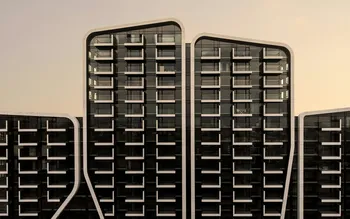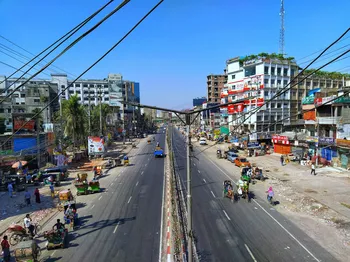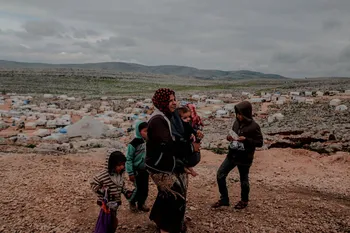An overlook of EBRD activities with some tips provided by the Director for Procurement, Jan Jackholt. The European Bank for Reconstruction and Development (EBRD) is one of the so-called Multilateral development banks (MDBs), international financial institutions set up by two or more sovereign states, which promote cooperation policies and provide loans and grants to fund infrastructure, energy, education, and environmental sustainability in poorer and developing countries.
Set up in 1991 after the collapse of communism by the French President François Mitterrand, the EBRD is owned today by 71 countries and promotes investments in 36 economies across three continents. Its main purpose is to make these economies competitive, inclusive, well-governed, green, resilient and integrated.
Wherefore, what is the main difference between the Multilateral development banks and other banks? In a few words, while commercial banks seek to maximize profits for their shareholders and clients, the goal of MDBs is to issue grants and low-cost or no-interest loans to improve the economic conditions of impoverished nations.
To have a great








